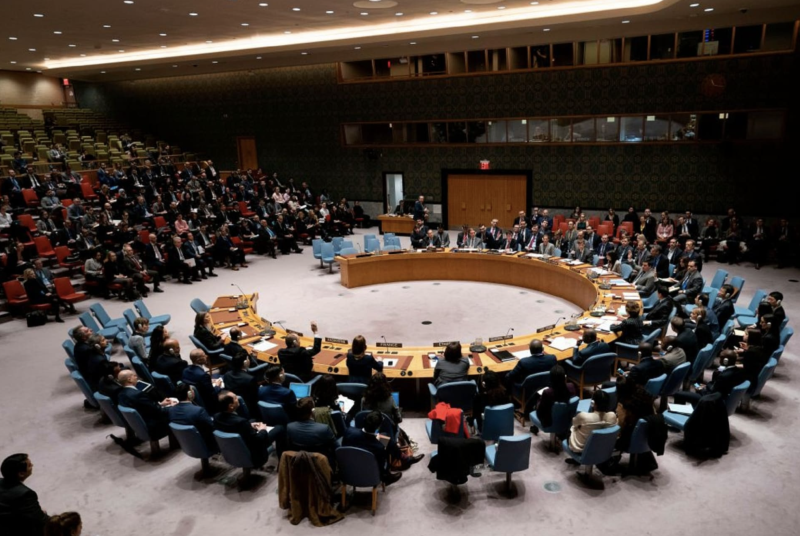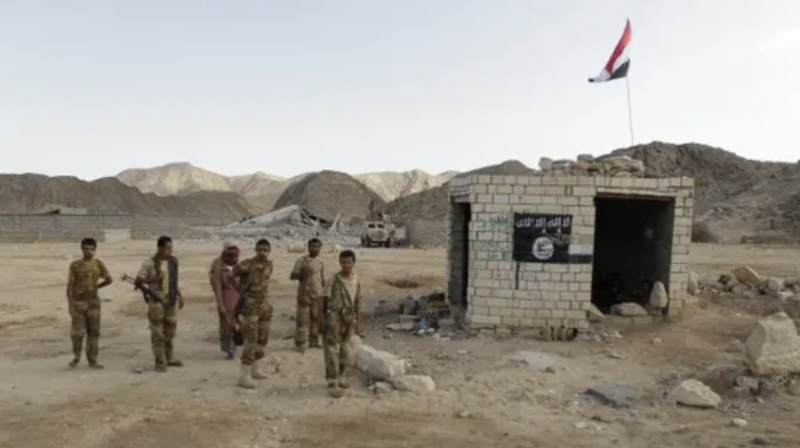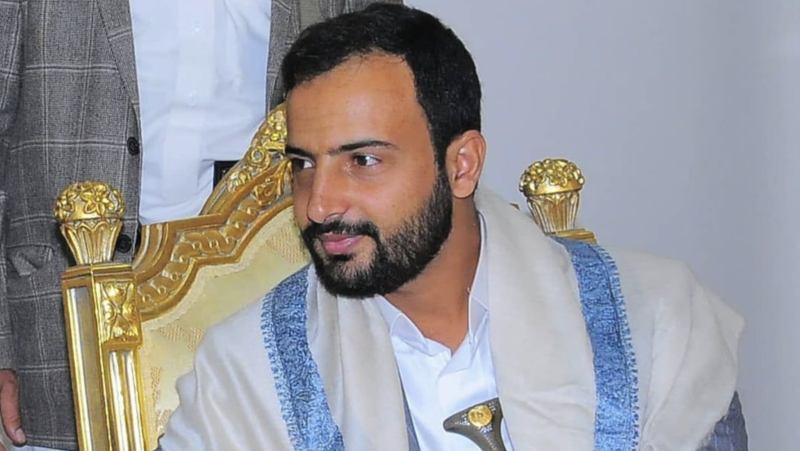Congress Poised to Move Forward With Bold Agenda on Yemen


Even if Trump vetoes the war powers resolution, passage in both chambers of Congress will continue to signal much-needed pressure to the Saudi-led coalition that a political solution is the only acceptable resolution.
Although the brutal assassination of Washington Post columnist Jamal Khashoggi may have begun to recede from the American public consciousness, Washington has clearly not moved on. In fact, the new Democratic majority in the House is poised, in partnership with key Senate leaders, to advance a bold agenda to bring accountability to the U.S. relationship with Saudi Arabia and finally reassert congressional oversight of U.S. foreign policy in the Middle East.
In no place is congressional action more urgent than in Yemen, where approximately half of the population—nearly 14 million people—remain on the brink of starvation due to the war and the ensuing economic collapse in the country. Although congressional pressure caused the Trump administration to finally call for an end to the war last October and cut off U.S. refueling support in November, the United States remains intimately involved in the Saudi- and UAE-led military operations in the country.
The newly minted House Foreign Affairs Committee’s first priority was to follow up on the Senate’s unprecedented passage of the war powers resolution on Yemen last December that positively influenced ceasefire negotiations in Sweden. It did so by marking up Congressmen Ro Khanna (D-CA) and Mark Pocan’s (D-WI) (along with 68 bipartisan colleagues) war powers resolution on Yemen. The committee reported the resolution favorably out of committee this week, and there may be a floor vote by the end of February.
AFP.

NewYork -- The United Nations Security Council has urged all parties in Yemen to de-escalate tensions and intensify diplomatic efforts to end the c…

Marib — A senior al-Qaeda commander was killed Tuesday in a suspected U.S. drone strike in Yemen’s northern province of Mareb, accordin…

London — The United Kingdom has announced new sanctions targeting Hussein al-Houthi, son of Abdulmalik al-Houthi, leader of the Houthi militi…